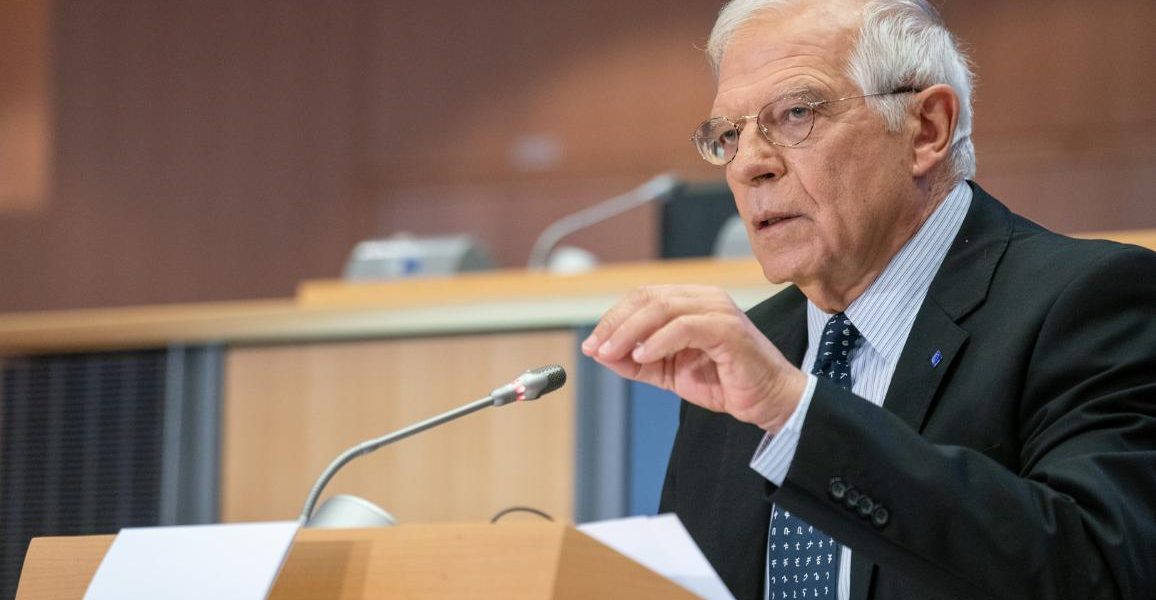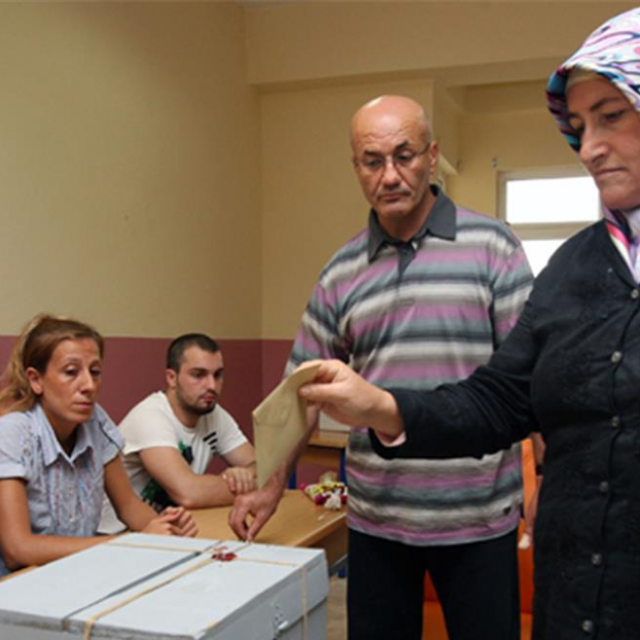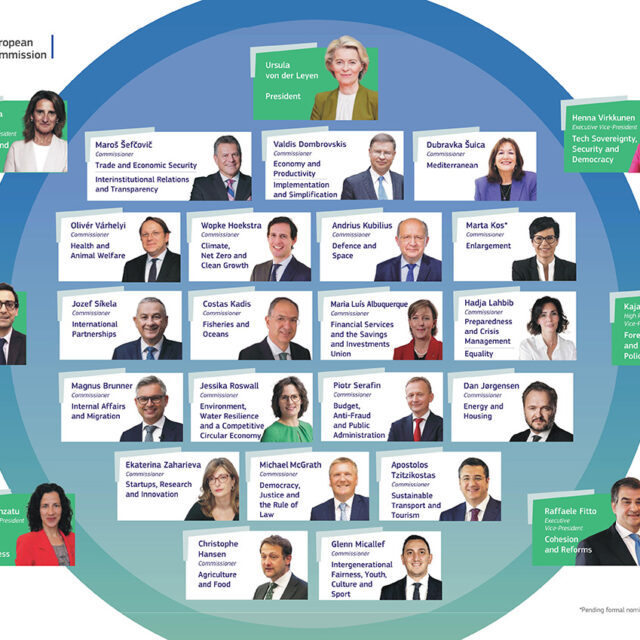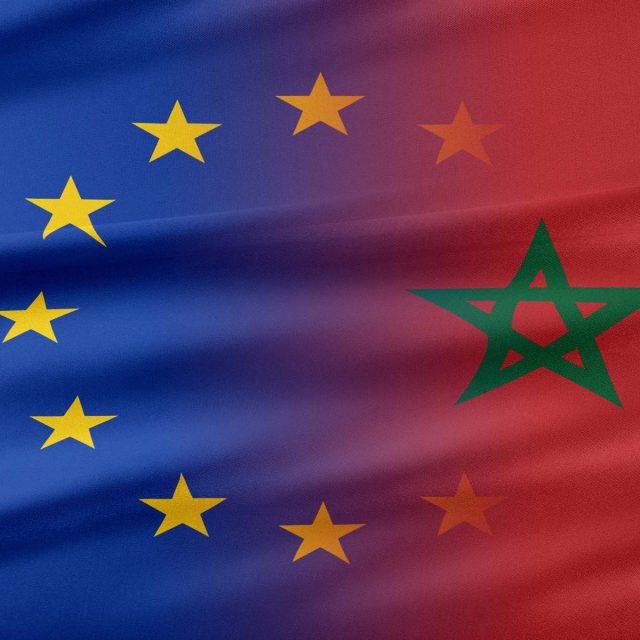Diplomatic tensions are growing between Algeria and Spain. In retaliation for Madrid’s support for Morocco’s Sahara autonomy project, Algiers announced on Wednesday the suspension of a “treaty of friendship, good neighbourliness and cooperation” binding it to Spain. This is a new setback in relations between the two countries, after the reduction by Algeria, at the beginning of May, of almost a quarter of gas deliveries to Spain, and an alarming decision in the eyes of from Brussels.
After the gas blackmail and the acting out of Algeria by cutting off the flow of the Maghreb Europe (GME) gas pipeline, Algeria has once again repeated the act, suspending the friendship treaty in protest against the new Spanish position supporting the autonomy of the Sahara under Moroccan sovereignty. As a result, Algeria is in conflict with its immediate neighbourhood and the northern Mediterranean.
In a statement by its High Representative for Foreign and Security Policy Josep Borrell and the Executive Vice-President of the European Commission, Valdis Dombrovskis, the European Union expressed its “utmost concern” at the decision taken by the Algeria to suspend the treaty of friendship and good neighbourly relations signed with Spain in 2002.For the two senior European officials, the Algerian unilateral act constitutes ”a violation of the EU-Algeria association agreement”, noting that the European Union will ”oppose any type of coercive measures applied to against an EU Member State.”
Borrell stated that the EU is assessing the implications of the Algerian actions, including the instruction given to the financial institutions to stop transactions between the two countries, which upfront appear to be in violation of the EU-Algeria Association Agreement, in particular in the area of trade and investment. This would lead to a discriminatory treatment of an EU Member State and adversely affect the exercise of the Union’s rights under the Agreement.
The EU is in close contact with the Spanish Government and reaching out to the Algerian authorities to rapidly clarify the situation.
Bilateral relations of third countries with individual EU Member States are part of their relations with the EU. “Unity and solidarity within the EU remain key to uphold our interests and values in our relations with all countries,” said Borrell. “Moreover, trade policy is an exclusive EU competence, and the EU is ready to stand up against any type of coercive measures applied against an EU Member State. However, the EU continues to favour dialogue first to solve controversies.”
Borrell went on to say that “Algeria is an important partner for the EU in the Mediterranean and a key actor for regional stability. We trust that, in the name of our strong and long term partnership, a swift solution will be found to fully re-establish commercial and investment relations.”
“We are ready and keen to support these efforts,” he concluded.




